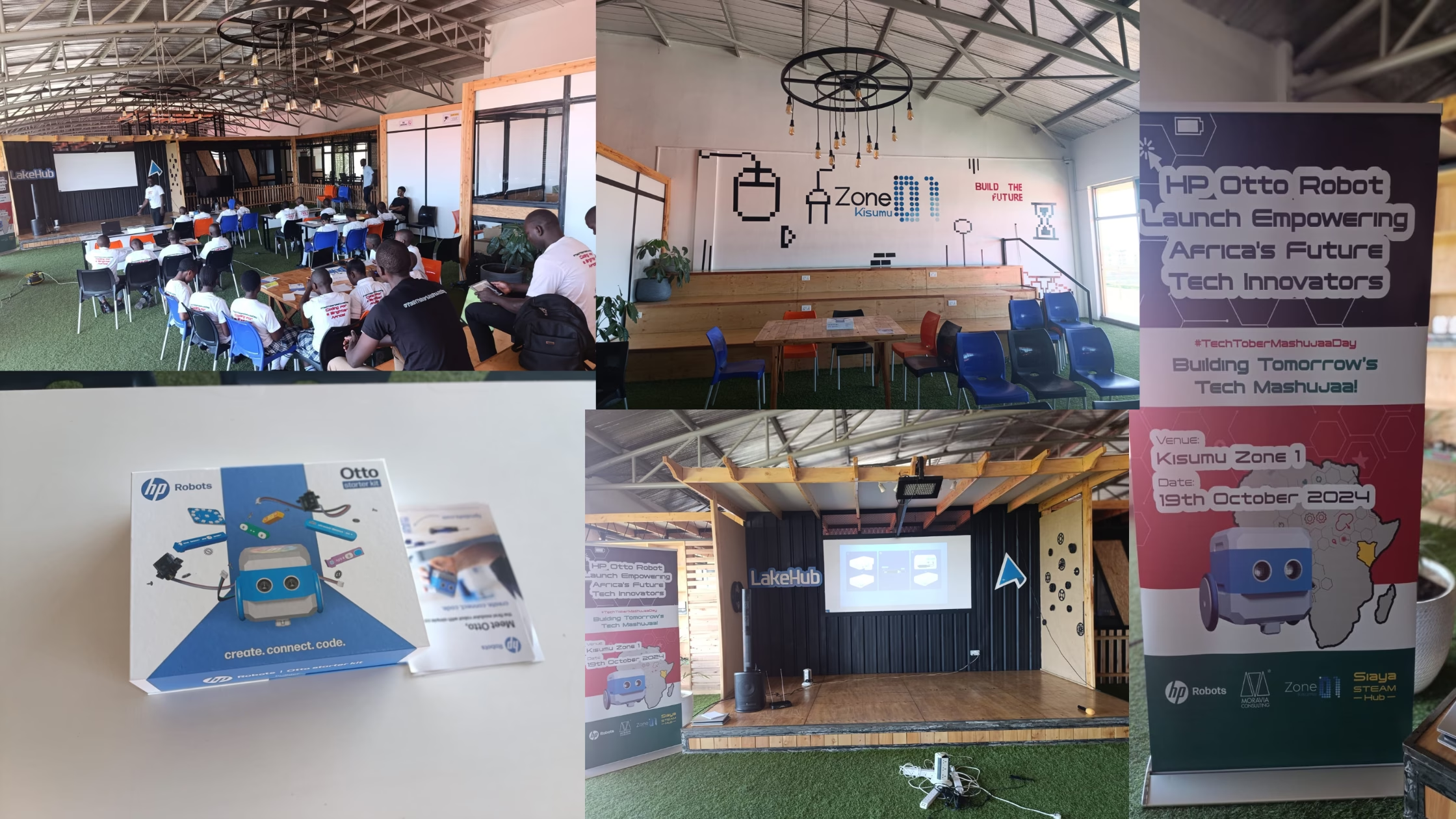
“My wife and I were sitting on the couch when our daughter burst into tears. Our immediate question was, ‘What’s wrong?’ After some probing, we discovered that some of her classmates, who were supposed to be her friends, were making inappropriate advances toward her on social media. When I asked to see what they had written, I was shocked by the profane language aimed at my 13-year-old daughter,” said Jesse Soleil.
This heart-wrenching moment was a turning point for Jesse, sparking his mission to protect children online. According to UNICEF, while the Internet offers opportunities for children to stay connected with friends and explore their interests, it is not always a safe space. As children grow up as digital natives, it becomes essential for parents, educators, and society to assess how prepared they are to navigate the dangers that come with this connectivity.
The web offers vast educational resources, entertainment, and social interaction, but with it also come significant risks—cyberbullying, exposure to inappropriate content, and potential encounters with predators who disguise themselves as peers.
Jesse’s experience inspired him to create Akili TV, a platform that combines entertainment with valuable lessons on online safety. He recognized the need to communicate with young people in a language they would understand and embrace, using engaging content to teach them how to protect themselves in the digital world.
Open Communication: The Key to Online Safety
One of the most effective ways to safeguard children online is by fostering open communication. Parents should cultivate an environment where children feel safe discussing their online experiences without fear of judgment or punishment. When children encounter something inappropriate or troubling, they should feel comfortable sharing it with a trusted adult.
This open dialogue also allows parents to better understand who their children are interacting with online. Rather than imposing harsh judgments, parents should focus on listening and guiding, ensuring their children feel supported.
Setting Boundaries and Guidelines
In addition to communication, setting clear boundaries regarding technology use is essential. Parents should establish rules around screen time, supervise their children’s browsing, and select apps or websites that are appropriate for their children. By guiding children toward verified, child-friendly platforms, parents can reduce the likelihood of exposure to harmful content.
Educating children about the importance of privacy is equally crucial. They need to understand why they shouldn’t share personal information—such as their full name, address, or school—with strangers online. Social media accounts should be set to private, and children should only accept friend requests from people they know in real life.
Speaking to delegates during this year’s EdTech Summit, Jesse shared a clip from Flash Squad, a teen series that explores the challenges young people face online. In one episode, a high school student clicks on a suspicious link, leading to his accounts being hacked and harmful messages sent to his contacts. Through relatable stories like these, Jesse conveys the importance of online safety in a way that resonates with young viewers.
Modeling Responsible Behavior
Children learn more from what they see than what they are told. While parents often instruct their children on responsible online behavior, they must also lead by example. If parents post inappropriate content or disregard privacy, their children are likely to follow suit. By modeling responsible behavior, parents set the standard for their children’s digital conduct.
Using Technology to Monitor and Guide
Parents should also stay actively involved in their children’s online activities by using apps that allow them to monitor browsing history and social media interactions. However, it’s important to strike a balance between monitoring and allowing children to develop independence. As children mature, parents should gradually shift the responsibility of safe internet use onto their shoulders, teaching them how to manage their online presence responsibly.
Collaborative Efforts for a Safer Internet
While parents play a crucial role, they cannot tackle online safety alone. Technology companies must prioritize child-friendly platforms, like YouTube Kids, and implement more robust parental controls. If more platforms followed this model, it would offer parents greater control over the content their children are exposed to.
Schools also play an important role in educating children about online safety. By incorporating lessons on digital literacy and responsible online behavior, schools can equip children with the tools they need to navigate the internet safely.
Governments, too, have a part to play by enacting policies that protect children’s privacy and regulate age-appropriate content. Effective legislation can ensure that technology companies adhere to strict standards regarding data protection and online content for minors.
Jesse’s unfortunate experience with his daughter’s online bullying ultimately became a catalyst for change. Through Akili TV and programs like Flash Squad, he has helped countless children learn how to stay safe online. His story reminds us that while the internet offers incredible benefits, it also requires vigilance, communication, and collaboration to protect our children.
Online safety is a shared responsibility. By working together—parents, educators, technology companies, and policymakers—we can create a safer digital world for the next generation.




